- CMA
- Our Programs
-
To ensure that students have a rich experience and have opportunities outside of the classroom, we offer opportunities related to diverse interests. These are offered through clubs, sports teams, academic and volunteer opportunities.
Athletics
-

Golf Team
Seasons: Fall
Requirements: 2.0 GPA
Head Coach: Martin Siml
-

Cheerleaders
Seasons: Fall & Winter
Requirements: 2.0 GPA
Head Coach: Lakeisha Coleman
-

Football
Season: Fall
GPA Requirement: 2.0
Head Coach: Alonzo Prescott
-
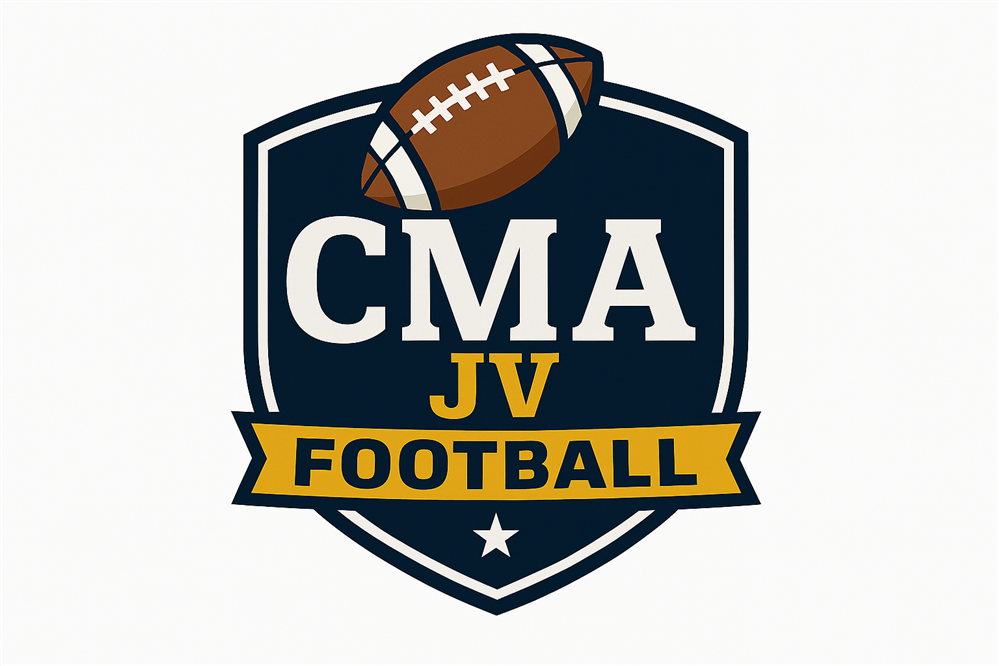
Junior Varsity Football
Season: Fall
GPA Requirement: 2.0
Head Coach: Reginald Simpkins
-

Girls Cross Country
Season: Fall
GPA Requirement: 2.0
Head Coach: Stefan Waits
-
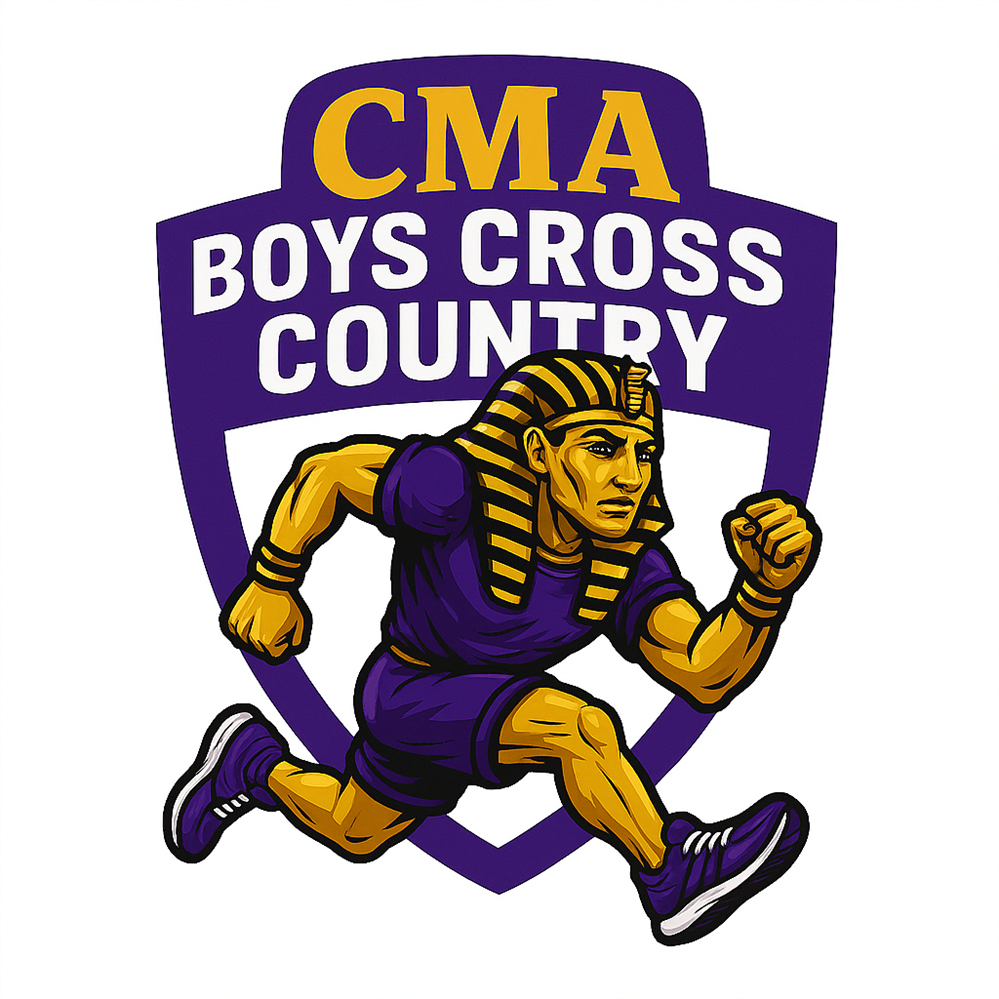
Boys Cross Country
Season:Fall
GPA Requirement: 2.0
Head Coach: Derrick Edwards
-
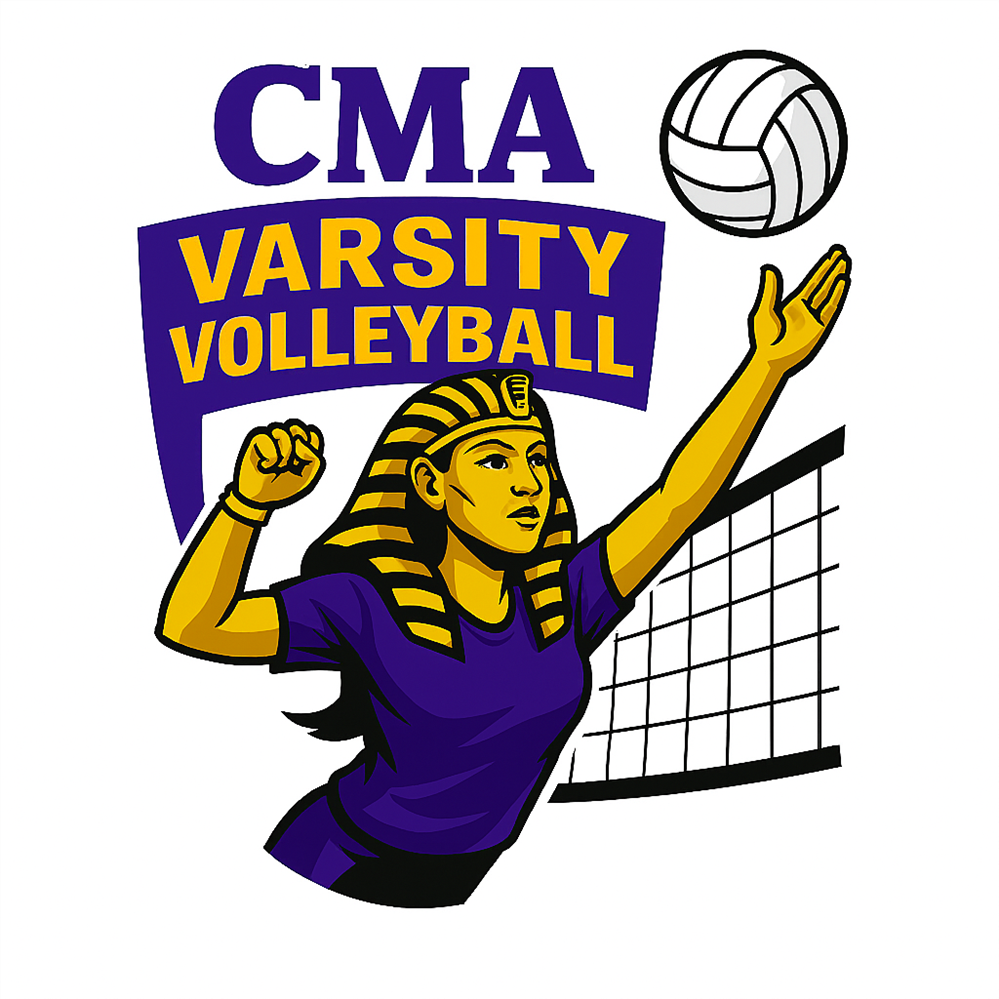
Girls Varsity Volleyball
Season: Fall
GPA Requirement: 2.0
Head Coach: Kathleen Sommerville
-
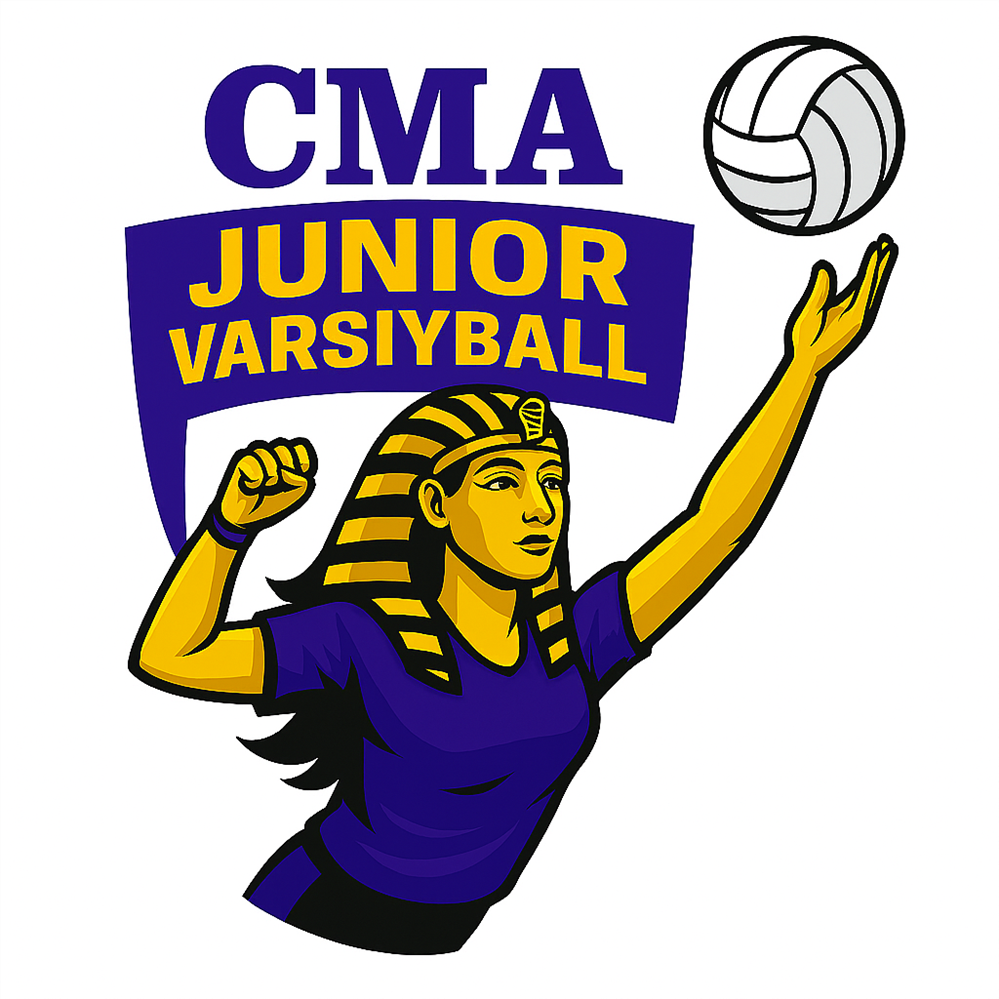
Girls Junior Varsity Volleyball
Season: Fall
GPA Requirement: 2.0
Head Coach: Trateesha Tayor
-
Boys Basketball
Season: Winter
GPA Requirements: 2.0
Head Coach: Derrick Edwards
-
Girls Basketball
Season: Winter
GPA Requirement: 2.0
Head Coach: Stefan Waits
-
Girls Track & Field
Season: Spring
GPA Requirement:2.0
Head Coach: Stefan Waits
-
Boys Track & Field
Season: Spring
GPA Requirement:2.0
Head Coach: Khalil Pasha
-
Boys Baseball
Season: Spring
GPA Requirement: 2.0
Head Coach: Daniel Sutherby
-
Girls Softball
Season: Spring
GPA Requirement: 2.0
Head Coach: Tiffany King
Specialized Programs
-
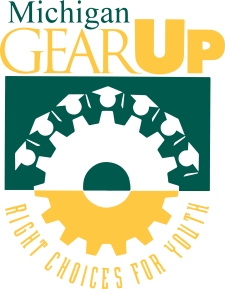
Gear Up
Michigan Gaining Early Awareness and Readiness for Undergraduate Programs (MI GEAR UP) is a federally and state competitive grant program of the U.S. Department of Education that increases the number of underrepresented students who are prepared to enter and succeed in postsecondary education by providing States and local community-education partnerships six-to-seven-year grants to offer support services to middle and high schools.
-

Wayne State Trio
Our mission is to form partnerships with students that successfully improve student learning and engagement. These learning experiences produce outcomes that empower students to overcome academic, class, social and cultural barriers to success in higher education.
-

Detroit Experience Studio
Challenge-Based Learning — our students solve real problems for real clients. Throughout the 10 weeks, you will explore industry roles and build new skills to successfully complete a client project. Creative courses are taught by the industry's top professionals across WPP. Additionally, you'll have access to encouraging mentors to support your growth in the program and career-readiness.
-

National Honor Society
Unveiled over a century ago, the National Honor Society enshrines four pillars at its heart: Scholarship, Service, Leadership, and Character. More than mere badges of honor for NHS members, these principles are transformative keys that unlock potential, enhancing every student’s educational journey, and ultimately empowering them to make profound, enduring contributions to our world.
-

Podcast Club
The Podcast Club presents an exciting opportunity for students to connect with their peers and community through an audio podcast called "Pharaohs Get The Facts." This platform enables students to share their thoughts, ideas, and creativity in a school-and age-appropriate manner. By participating in the club, students not only have the chance to express themselves but also develop essential skills such as organization, public speaking, interviewing, storytelling, creative thinking, problem-solving, and commitment. Through engaging content creation, they can provide entertainment, news, and information while honing their abilities in a supportive environment. -

Investment Club
Purpose of helping students learn about finance and investing. Plus, students will have the unique opportunity to participate in student investment competitions using mock portfolios.
-
Global G.L.O.W.
Global G.L.O.W. is a nonprofit organization that creates and operates innovative programs to mentor girls to advocate for themselves and make their communities stronger.
-

Winning Futures
We empower high school and college students to achieve the life they dream of through our seven-year workforce prep and mentoring programs. Our career mentors are local business professionals who make a lasting impact on students across Metro Detroit. They help students figure out what they will do after high school and learn the life, job readiness, and strategic planning skills they will need to be successful.
-
DDM Culture Academy
DDM Culture Academy is a 501c3 mentoring program that leverages Digital Detroit Media’s relationships with corporate clients and professional networks to expose students to career pathways in design, advertising, and marketing. They will receive real-world insights, cultivate their skills, and hone their craft alongside industry experts.
Our subject matter experts facilitate modules and curate opportunities for students AND their parents in areas including:
-
Advertising/Marketing
-
Financial Literacy
-
Cinematography
-
Interpersonal Communication
-
Conflict Resolution
-
Health & Wellness
-
-
Dollars for Scholars
Detroit Regional Dollars for Scholars (DRDFS) has been helping local students prepare for life after high school for more than 30 years.
In 1990, four community members came together with a common mission to help local students at Willow Run High School see what was possible after they walked across the stage as high school graduates. By taking trips to campuses like the University of Detroit Mercy, these few members began to make a difference and inspire students to dream bigger for their futures. As time went on, students were excited to head to post-secondary education, but weren’t sure how to navigate the cost.
In 1995 the organization joined forces with the nation’s largest scholarship provider, Scholarship America, becoming Willow Run/Ypsilanti Dollars for Scholars. This partnership granted the organization a 501(c)3 status and allowed them to begin raising funds and giving out scholarships to the students they worked with.
In 2012, those same committed neighbors realized that they wanted to make a larger impact throughout the Southeast Michigan region, and created a plan to expand, renaming themselves Detroit Regional Dollars for Scholars.
With so many schools participating, the academic support program was able to grow and take shape. Starting in 10th grade, students participated in a full schedule of trips and activities in order to learn exactly what it would take to prepare for post-secondary education. In 11th and 12th grade, students’ dreams of college became real as they toured campuses, talked with admissions staff, learned about majors, and received acceptance letters.
In order to better complement the DRDFS scholarship program, the academic support program earned its own name in 2019, and is now known as the Next Level Scholars™ program. With this program at the forefront, our Detroit chapter of Dollars for Scholars became the first chapter nationally to be awarded the Scholarship America Honors Award. DRDFS was proud to receive this great award next to the scholarship programs of Chick-fil-A and Coca-Cola.
Today, we serve nearly 400 students in Southeast Michigan annually. We partner with 14 schools across Macomb, Monroe, Oakland, Washtenaw, and Wayne counties. DRDFS has awarded scholarships exceeding $2.6 million to more than 1,700 students since 1990, and our alumni network grows each year.
DRDFS is proud of the students and supporters who have helped us get to where we are today. After more than 30 years, we have accomplished a lot, but still have work to do. We are looking forward to many more years of partnering with those who share our passion of helping local students succeed.
-
Dual Enrollment
Dual enrollment is a program that allows high school students (usually sophomores, juniors, and seniors) to enroll in college courses for credit prior to high school graduation.
Students participating in Dual Enrollment will take courses offered by colleges and universities who have a fully executed memorandums of understanding (MOUs) with the District. Many of the courses offered through Dual Enrollment are transferable to other institutions, however some courses may only be recognized by the institution offering the course. Courses are often delivered on campus at one of the District’s high schools.
Students benefit from taking Dual Enrollment courses both by earning college level credit and also by the opportunity to engage in rigorous post-secondary content and expectations to prepare them for college and career.
-
Women of Tomorrow
The Women of Tomorrow mission is to inspire, motivate and empower at-risk young women to live up to their full potential through a unique group mentoring program with highly accomplished professional women and scholarship opportunities.
Women of Tomorrow engages highly accomplished professional women as mentors in a small group setting. We operate in partnership with public school districts; all activities are held during the school day, under the auspices of the school district. The schools select at-risk girls for participation based on a broad definition of “at-risk” including low income, abuse, disability, likelihood of dropping out of high school, becoming involved in gangs, drugs, criminal activity, getting pregnant or academic, social, behavioral, medical or other risk factors. Each group is diverse in its composition with girls in 9th - 12th grade who have varying strengths and weaknesses so they can learn from and empower each other. Girls in the program typically do not know each other prior to joining the group.

